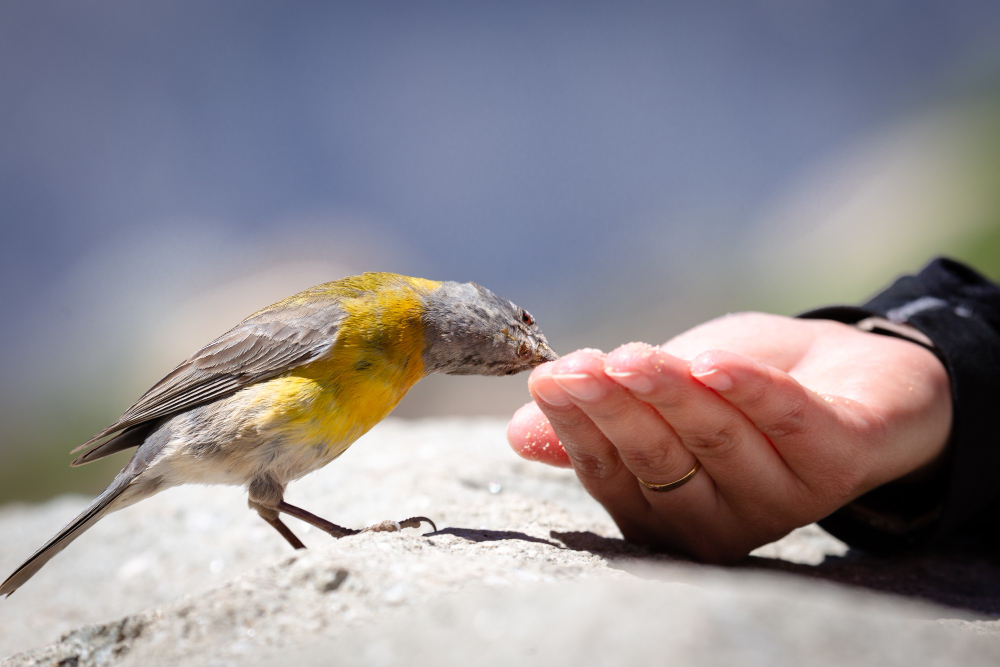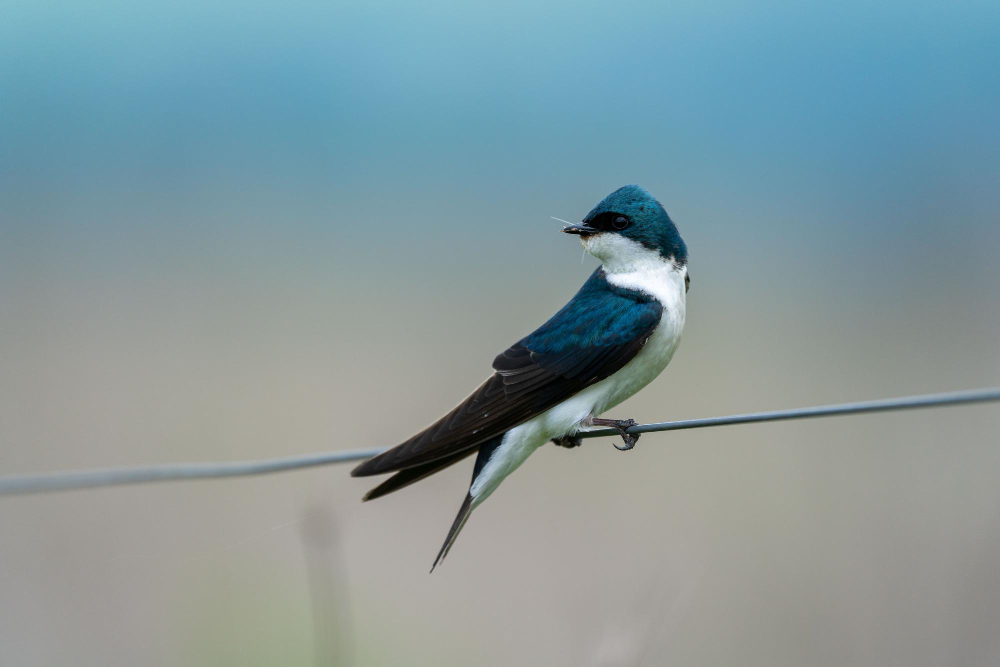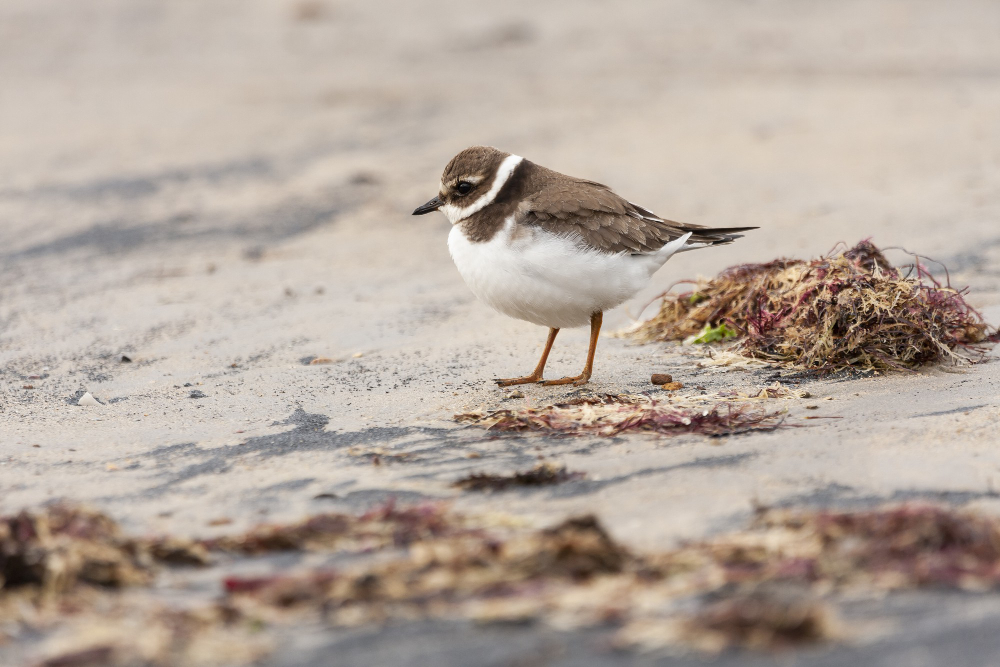Across Canada, many of its bird populations are significantly declining. Some reasons for this happening include natural predators raiding nests and the threat of beach tourism. Experts attributed the decline to the development of agricultural lands around the Caribbean and in South and Central America. The developments typically encroach on the habitats of winter migratory Canadian birds. Another factor is climate change. Changes in atmospheric pressure are causing some disruptions in migratory patterns and food supplies.
To address the declining bird population, the Wildlife Preservation Canada (WPC) collaborates actively with environmentalists to implement various conservation initiatives. They are also developing innovative ways to bring back the population of the birds to target levels.

Active Recovery Projects
The WPC is a leading agency that is involved in active recovery projects to resolve the problem of declining bird populations. One of these initiatives is the Eastern Loggerhead Shrike Program.
Eastern Loggerhead Shrike Program
Environment Canada requested the WPC to spearhead this program back in 2003. The primary objective is to address the alarming decline in the population of the wild eastern loggerhead shrike bird during the 1990s.
The program focuses on breeding and releasing young birds to boost the wild population. This has resulted in a slight increase in the bird population, saving them from extinction. However, more needs to be done to address the genuine issues behind the shrike birds’ population decline.
Partnerships and Supported Research
The WPC also partners with various conservation organizations to work on the following supported research programs.
Burrowing Owl Recovery
Since 1995, the WPC is actively working in the burrowing owl recovery program. The organization has already built a conservation breeding colony and tested various release methods. Further, it has also provided supplemental food supplies and built predator deterrent nests.
Maritime Swallow Research
The WPC also provides funding for a project to prevent the further decline of the swallow population in the maritime. It has already identified specific reasons for the declining population. These include the decrease in the birds’ food supply and threats to their migration paths.

The organization also started to execute several action plans to address these concerns. Some of these interventions include building and monitoring nests and using geolocators to track migration patterns. It also analyzes insights that can affect return rates and mating success.
Piping Plover Rearing
Together with Magnetic Hill Zoo and Parks Canada, the WPC implemented a pilot project to protect the plover population. They have devised various techniques to protect food sources, test weather-resistant release pens, and save nests. The group also educates beach tourists on various methods to protect these birds.

How you can help
There are several action steps that you can do to arrest the decline of the Canadian birds’ population. The following are the major ones that you can do.
- Do your bird-watching activity from a safe distance. Avoid disturbing nests and other bird habitats.
- Protect the paths of migratory birds by turning off building lights at night and putting reflective markings on windows.
- Use only bird-friendly products and avoid those with harmful chemicals.
- Protect natural areas around your residence where these birds build their habitats.
- Support pledges and various initiatives that can help birds survive. These include keeping bird predators such as your pet cat inside your house and joining citizen science programs.
- Cultivate certain native plants that can continuously provide food for these birds.
- Contribute to the reduction of climate change impact by minimizing your carbon footprint.
- Donate or provide support to conservation organizations such as the WPC.
Sponsors
The following entities are some benefactors of the Canadian bird projects.
- The Government of Canada and its various conservation bureaus
- CICan Clean Tech Internship
- Magnetic Hill Zoo
- Parks Canada
- The Grant MacEwan Charitable Foundation
- BluEarth Renewables
- Leon Judah Blackmore Foundation
- Private donors
